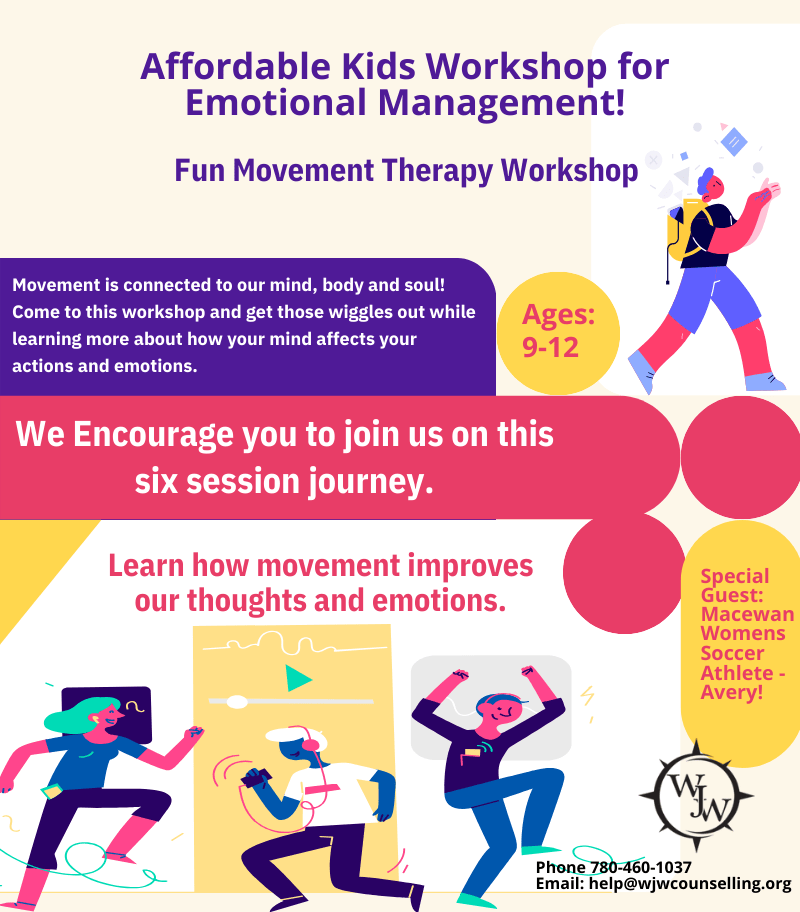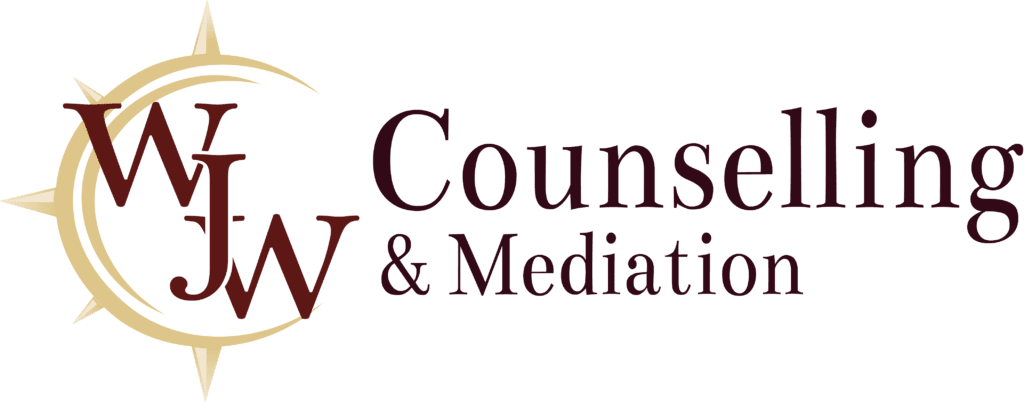“The Silent Culprit: How the Daily Grind of Work Can Lead to Stress and Burnout”
In the relentless pursuit of success, many of us find ourselves entangled in the web of the daily grind. This cycle not only shapes our careers but can also leave a lasting impact on our overall well-being. The demands of modern work culture, with its long work hours, tight deadlines, and the constant pressure to excel, often act as catalysts for stress and burnout. Beyond the surface-level fatigue, stress can trigger too many negative chemicals in our bodies, paving the way for physical and mental burnout.
At the heart of this lies the body’s stress response, a complex interplay of hormones designed to prepare us for perceived threats. In the short term, these stress chemicals, including cortisol and adrenaline, heighten our focus and energy, aiding us in navigating challenging situations. However, when the demands persist over an extended period, the body’s stress machinery can become a double-edged sword, fueling a chronic state of tension that sows the seeds of burnout.
As we navigate the labyrinth of our daily professional lives, deadlines and expectations loom large, triggering the release of stress hormones. This constant exposure to stressors, without adequate periods of relaxation and recovery, can lead to a dysregulated stress response. The body, in its attempt to cope, may maintain heightened levels of stress chemicals, inadvertently pushing us closer to the brink of burnout.
The signs of burnout are subtle at first, often masked by our determination to persevere. Persistent fatigue, a decline in cognitive function, and a sense of detachment from work are common manifestations. Beneath the surface, the physiological toll is undeniable—the immune system weakens, sleep disturbances become routine, and the risk of chronic health conditions escalates.
Breaking free from the clutches of burnout requires a multifaceted approach. Employers play a pivotal role in fostering workplace cultures that prioritize employee well-being, offering resources and support to manage stress. On an individual level, recognizing the signs of burnout and proactively incorporating stress-reduction strategies, such as regular exercise, mindfulness practices, and adequate sleep, can serve as a powerful defense.
In the relentless pursuit of success, it’s crucial to acknowledge the toll the daily grind can take on our bodies. By understanding the intricate dance between work-related stressors and our physiological response, we can take proactive steps to prevent burnout, ensuring a more sustainable and fulfilling professional journey.
At WJW Counselling and Mediation we have Clinical Social Workers and Life Coaches who are trained to specifically support you towards finding the work life balance you deserve. Reach out today to connect with a mental health professional.
https://wjwcounselling.org/counselling/stress-burnout/




